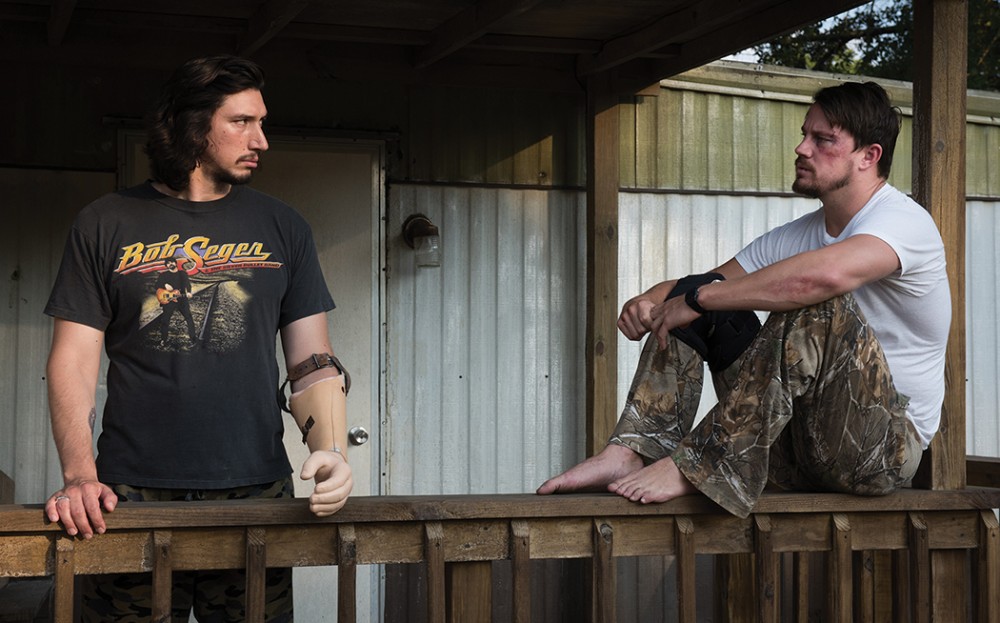Logan Lucky's criminals and why we root for them
In Ocean's 11, the thieves' sheer coolness reeled us in. It's a harder sell when the heroes day-drink themselves to sleep.

Crime pays in pop culture, which means we often find ourselves rooting for the criminals. Ever since Tony Soprano sat down on his therapist’s couch, antiheroes have been getting darker. That darkness is usually counterbalanced by our own moral stance: we know we are not supposed to endorse the characters’ wicked ways, however much we may be sucked into their complex inner lives.
Two summer pop-culture offerings suggest that some producers think we are ready for something even darker. The comedy The House features Will Ferrell and Amy Poehler as middle-class Everyparents. Scott and Kate Johansen open an illegal casino to foot their daughter’s college tuition bill. Their hare-brained scheme quickly transforms them into petty tyrants in their small town. The more aggressive and self-serving they become, the more successful. Their marriage is reignited and their sense of purpose returns. They are the big winners in a field of suckers.
The drama Ozark follows a wealthy white family that moves from Chicago to Missouri’s Lake of the Ozarks to expand its money-laundering operation for a Mexican drug cartel. The series opens with a long voiceover in which Marty (Jason Bateman) bemoans the decline of the American work ethic. We have forgotten hard work and sacrifice for easy credit and high debt, he says. There might be something to chew on here except that all of this is spoken while we watch Marty hauling barrels of illegal money to a hiding spot. That his hard work mantra comes with a high body count doesn’t phase him at all.





